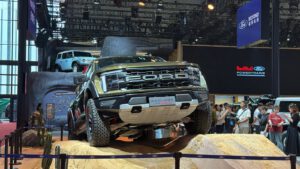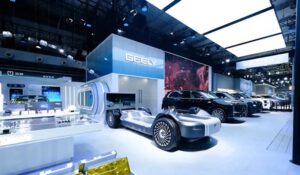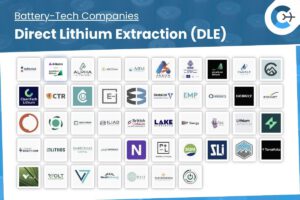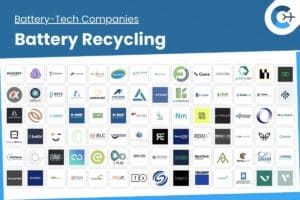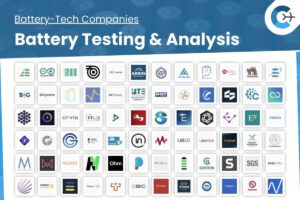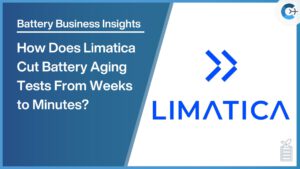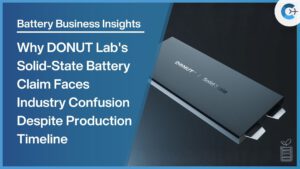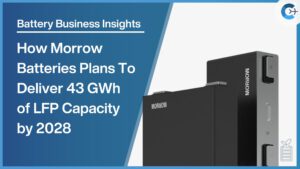StoreDot, a pioneer in silicon-dominant Extreme Fast Charging (XFC) battery technology, announced that seven leading global electric vehicle manufacturers have completed rigorous validation tests for its XFC battery cells. Conducted under a variety of operating and environmental conditions, this comprehensive testing verifies that StoreDot’s cells meet stringent performance, reliability, and safety benchmarks required for integration into next-generation EV models. The endorsement positions StoreDot as a viable Western alternative to battery technologies predominantly supplied by Chinese providers, helping automakers diversify their supply chains.
In a landmark public demonstration, a driveable Polestar 5 verification prototype equipped with StoreDot’s XFC cells charged from 10% to 80% state of charge in just 10 minutes, with a consistent peak charging rate exceeding 370 kW. This real-world test marks the first public fast-charging trial of silicon-dominant battery cells in an operational vehicle prototype, underlining the technology’s readiness for mass-production applications.
As the electric vehicle market transitions from achieving cost parity with internal combustion engines to addressing charging convenience, “charging anxiety” has emerged as the primary barrier to wider adoption. StoreDot’s XFC chemistry directly tackles this concern by enabling rapid top-up charging that supports consumer mobility needs and daily driving patterns. By collaborating with a diverse set of OEMs, the company offers automakers a de-risked pathway for integrating ultra-fast charging capabilities into their platforms.
StoreDot’s ambitious “100inX” technology roadmap targets charging 100 miles of range in five minutes by 2024, four minutes by 2026, and three minutes by 2028. The company’s network of strategic partners and investors—including bp, Daimler, VinFast, Volvo Cars, Polestar, and Ola Electric—supports its efforts to scale up manufacturing and drive commercialization.
With validation from seven global OEMs, StoreDot is advancing toward large-scale production and commercialization of XFC cells. The company aims to empower automakers to launch a new generation of electric vehicles that combine fast charging, robust range, and enhanced safety, reinforcing its position as a leading Western-hemisphere solution for ultra-fast EV charging.
Source: EIN Presswire




